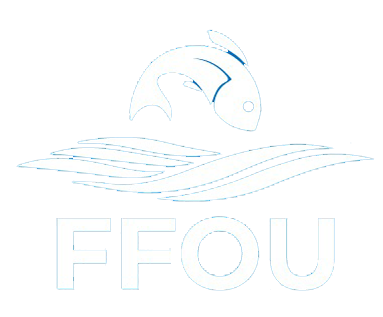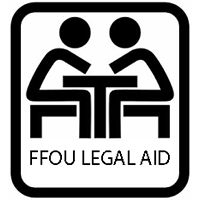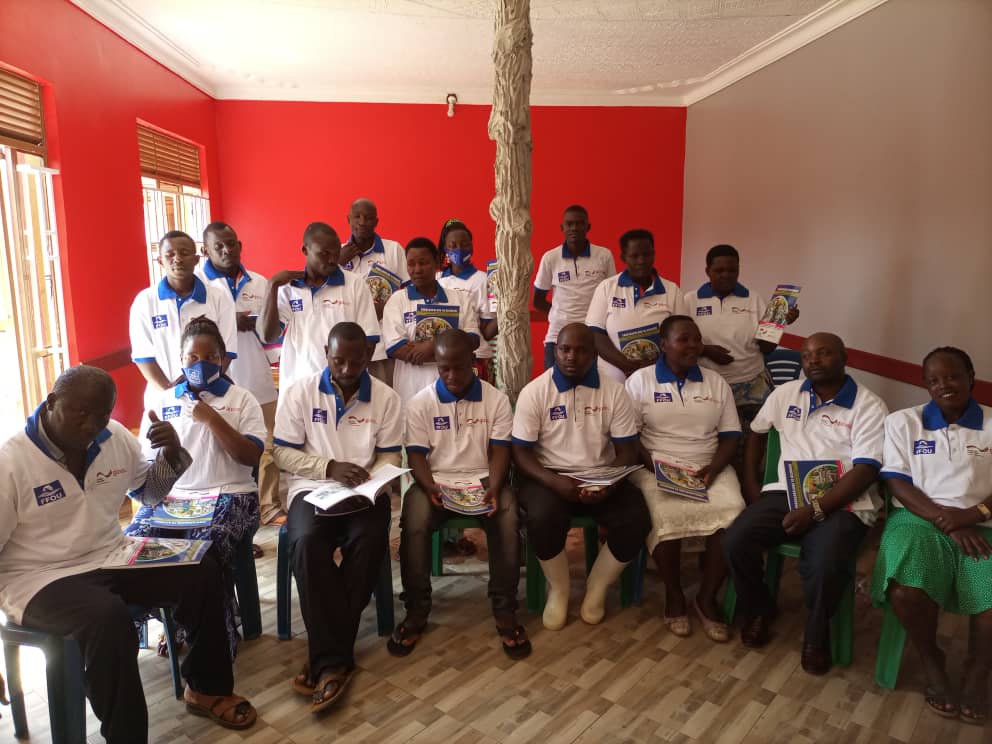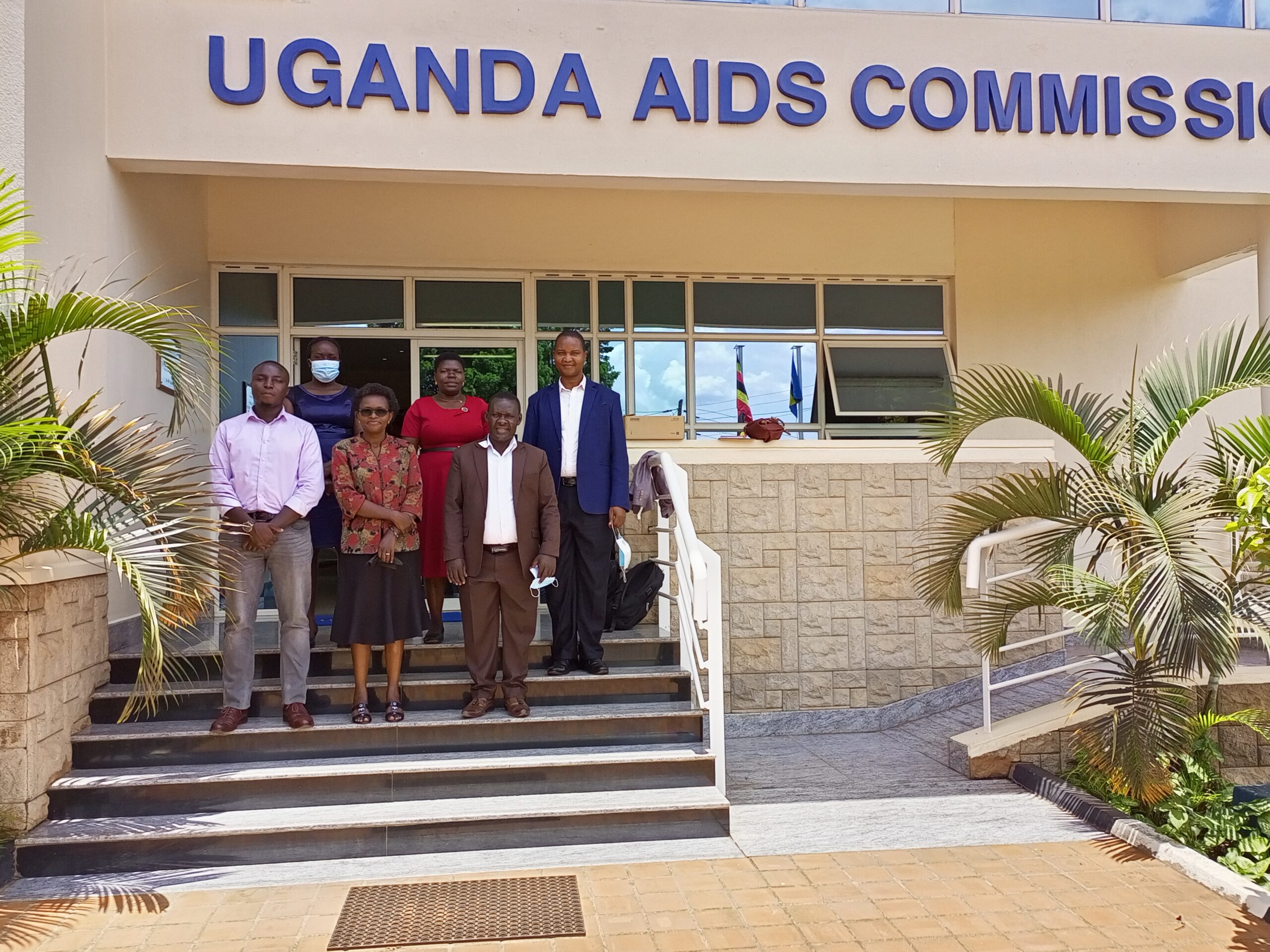
BUSINESS DEVELOPMENT SERVICES (BDS)
Project Time :
Back ground
The fishing community of Lake Victoria is comprised of Artisanal and SMEs fisheries businesses encompassing local fish processing and trading enterprises that are dominated by micro and small-scale enterprises. Unfortunately, Uganda is riddled with the unsustainable fishing practices (IUU), poor post-harvest handling techniques that contribute to over 40% of the losses and self-defeating business practices along the fish value chain. FFOU recognizes the need to ensure adoption of best business practices in the sector through capacity building of Fisher folk (SMEs beneficiaries) to improve their business management and implementation. BDS trainings and advisory services will be in four main tracks of entrepreneurship, financial management, fish handling and responsible fisheries. Cross cutting interventions like COVID 19 SOP’s, pollution and gender mainstreaming are considered as they indirectly affect business performance. Together with the Abavubi Fisher app, the project targets to transform the non and or semi-skilled labor force into a more skilled labor force which will drive a positive change towards improved quality of market supplies, boost profits thus improved incomes, business management skills as well as self-monitoring realized in the long run.
Introduction
The BDS aims at building capacity of the fisher folk in the small and medium enterprises through trainings to equip them with knowledge and skills that will enhance their business growth hence, increased income and employment opportunities. The trainings target 750 participants (576 men and 174 women) in the Districts of Kampala, Mukono, Masaka, Mpigi, Kalungu, Kyotera and Kalangala for a period of 14 months. A combination of the business skills and information technology through the Abavubi App for extended marketing and proper record management is expected to foster business growth in the fisheries subsector and hence improved income.
Overall Objective
- The main aim of the project is to contribute to sustainable fisheries management for improved food security and income in Uganda.
Specific Objective
- To train 750 (173 women and 576 men) engaged in small and medium enterprises along the Fish value chain with business knowledge and skills
Target groups/ Beneficiaries
This project targets categories of; boat owners, fish traders, fish processors and fish bi-product processors. The target is ring-fenced for existing enterprises – both formal and informal which meet the basic minimum criteria;
- Boat owners; this includes the fisher folk that owns boats, engines and nets (fishing gear), will be composed of two subcategories. These are the small scale (1-5 boats) as well as the medium scale operators (6-10 boats).
- Fish Traders; operate in and out of local markets, whether by foot or bicycle, volumes of trade (15-250 fish per day), typically use motorized and/or hired transport, or privately-owned pick-up, level of investment and operating capital ranges from Ugx.500,000 +, typically handling between 15-250 fish per day.
- Fish Processors: involves small-scale operators who use mainly traditional means of preserving fish. Their operating capital starts from UGX 200,000 + and handle small capacities of 20 fish per day. Processing operations include smoking, frying, sun-drying, and salting.
- Fish By-product processors; these are small and medium enterprises handling 500 kgs – 1 ton of fish by-products processing in any given trading cycle. They deal in fish skin, fish maw, fish heads, scales, bones, fats, fish skeleton and offal’s. The BDS project focuses on product handling and Sanitary measures.
Delivery of Business Development Services Training
BDS trainings are centered at grassroot level in the respective districts. Key modules of delivery include; –
- Enterprise Training
The fisheries sector is characterized with high illiteracy levels where the fisher folk lack adequate knowledge on business management and sustainability. Most of the businesses are treated as daily income sources with minimal sustainability strategies poor management and marketing skills leading to poor performance of the businesses. The modules looks at trainings on; Entrepreneurship skilling, Business skilling, and Marketing management and soft skills which will enable building of growth-oriented businesses. - Financial literacy and Management
This is intended to streamline and improve financial control systems among fisher folk through trainings on financial management, financial literacy, Costing and pricing, and Linkages to financial institutions - Fish handling and Fish preservation
Approximately 40% (FAO, 2020) of business losses in the small-scale fishery is attributed to post-harvest losses resulting from fish spoilage at lake as first handling. Fish is one of the most highly perishable food stuffs therefore, fish needs to be handled with care to avoid contamination. The process requires appropriate handlings and preservation measures to maintain quality, value and attraction to the buyer. - Reinforcing Groups
Group formation has certain advantages such as; collective bargaining, resource utilization, resource mobilization, task achievement, problem-solving, proximity or other socio-psychological requirements. Group formation is based on activities, interactions and sentiments. - Regulatory Compliance
Fisher folk have in the long run been affected due to ignorance about the existing legal framework and voluntary non-compliance which has contributed to business losses. The unregulated, unreported and illegal fishing is powered by the lack of information and compliance by many fish actors. There is need to engage and transfer of knowledge to the various fish actors. - Voluntary Guidelines
The Voluntary Guidelines for Securing Sustainable Small-Scale Fisheries in the context of Food Security and Poverty Eradication (VGSSSF Guideline)
